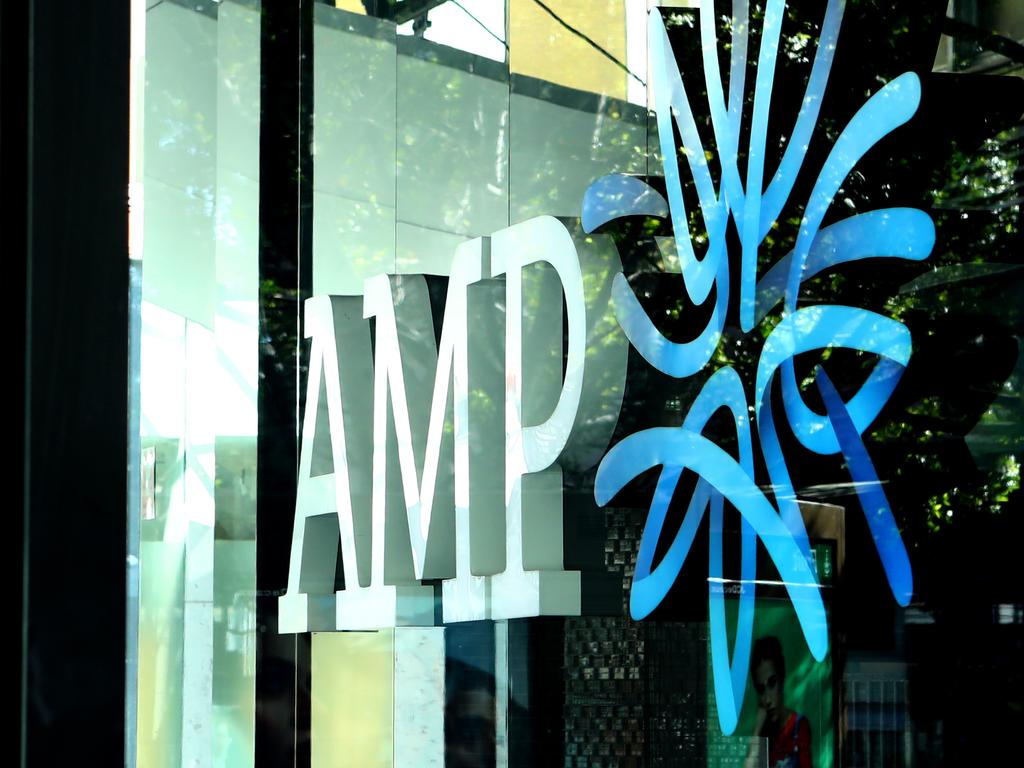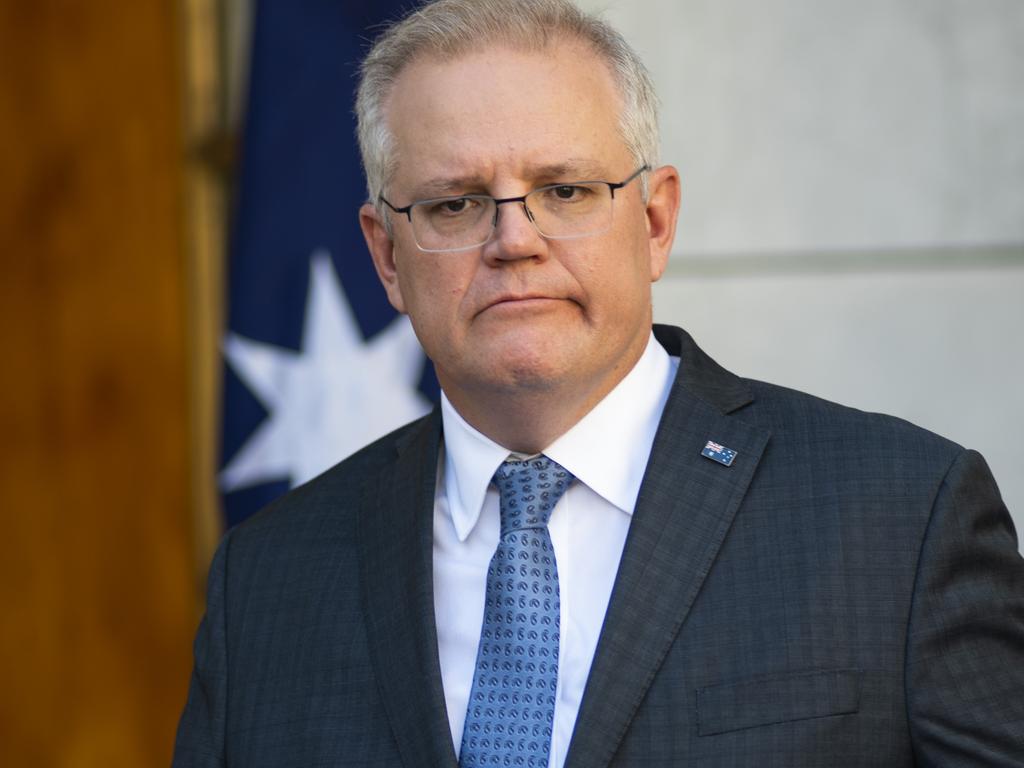
Sadly, while Virgin found a sugar daddy in Mike Murphy at Bain, no one is likely to come rushing to support Viva’s Wyatt because the economic reality is against the viability of an Australian refining industry.
Ask Wyatt what he wants and it’s a package including cheaper energy costs (he’s not Robinson Crusoe on that score), support with the location of the planned storage terminals, better channel depth in Geelong (to allow full tankers to dock) and financial support.
As luck would have it he is also in Victoria, just outside “Melberia”, as Melbourne is known north of the border, which means local petrol demand is weak due to the travel restrictions and aviation gas is not in high demand because borders are closed.
Victoria’s woes are one reason why the domestic aviation market is not up and running.
But the fact is the highly cyclical industry has been troubled for decades, unable to compete with the bigger government-supported refineries in Asia, and is stuck in no-man’s land with a small domestic market as a price-taker reliant on whatever the Asian crude price may be.
Federal Energy Minister Angus Taylor is in the middle of a policy paper on the refining industry, expected for release by calendar year’s end.
He figures the industry is justified in supporting a domestic oil and gas industry as it makes more sense to refine it at home than send it offshore.
In a June statement he said: “We are also working closely with our local refineries to better understand their challenges by assessing the long-term sustainability of the sector. By taking an industry-wide view, we will be able to make sure that we protect Australia’s national sovereignty and back the future of our fuel-using industries like our truckies, miners, farmers, and Australian motorists.”
This suggests the Feds are not planning on shutting the refining industry any time soon, but equally Taylor is unlikely to be plotting any financial handout to Viva.
Hopefully the policy directive is high level, leaving the industry to sort through its business.
Ampol’s Matt Halliday has just reopened his Lytton refinery, deciding that “refining will deliver better integrated supply chain and earnings alternatives than its product imports.”
This suggests there is life left in the sector, at least north of the border.
The global price is set by factors way outside Scott Wyatt’s control and inevitably if the government did come to his support today, in a decade he will be back again with his hand out looking for more.
That said, politically his timing is superb, because all of a sudden Andrew Liveris et al are talking up local manufacturing, control of supply chains and cheaper east coast gas.
Wyatt employs 700 people at his Geelong refinery and it is not his fault the state government has shut the state in a nonsensical bid for eradication of COVID-19.
But get out the history books and you could almost set your clock by the regularity of the Australian petroleum refinery industry on its knees demanding financial support on the grounds of self-sufficiency.
Forget it — the time is up, just like it was for the car industry.
That said, no choice is easy for Wyatt, because if he was to convert Geelong to an import terminal that would set him back $300m.
In a good year he earns $500m, of which $200m is from the refinery and $300m from his retail and commercial network, including the Shell service stations.
The refinery lost $50m in the first half this year and Wyatt had to invest $50m to keep it operating.
In the 2019 year he made $117m but spent $89m, which meant income generation of $28m. And the 2018 figures were no better, with $125m in earnings and $85m capital costs, leaving a surfeit of $40m.
It’s a tough business at the best of times, but when governments shut the economy it is tragic.
None of which supports the case for government handouts.
If Morrison relents and hands some compensatory coin to Wyatt, Matt Halliday from Ampol will be on the phone looking for a few scraps for his Lytton refinery and that’s before BP and Mobil ramp up the pressure.
Energy Minister Angus Taylor is in the process of rolling out storage terminals, which if housed next to a refiner could ease the cost burdens.
Naturally enough Wyatt would like a storage terminal next to his refinery and a dredge in the bay to allow fully loaded ships to arrive. But then again, Ampol’s Matt Halliday wants a storage terminal next to his storage site at Kurnell, north of the border.
There is an ecosystem in Victoria to support, given Geelong refines Bass Strait and Cooper Basin oil, which in turn supports the gas industry, which in turn supports Qenos and other manufacturers.
These are guys Liveris wants to help boost Australia’s industry capability.
But local refining is simply challenged because the entire Australian industry is smaller than one Asian refiner.
Wyatt’s Geelong plant processes six billion litres a year, which is one fifth of what the Singapore refiners do — no wonder he is struggling to earn his keep in good years.
The federal government played hardball with Virgin (but shamefully not with Rex) and should do the same with Viva.
Going for broke
Federal Treasurer Josh Frydenberg has extended the safe harbour for directors on insolvency trading for another three months, much to the chagrin of the Insolvency Association.
The rules are in place for a reason and a pandemic doesn’t undo the reason, because you don’t want directors knowingly trading when insolvent.
Korda Mentha’s Mark Korda takes a different view, arguing the problem is the law is too onerous in making directors of public companies liable for the debts and criminal penalties.
He said it would be far better to reduce the director penalties to remove the criminal penalty and limit liability, in line with UK law.
That law would be operating now during the pandemic — so the principle would be the same, pandemic or not.
Boardroom battle
The long ARA-Cromwell dispute heads to an extraordinary general meeting on September 18, with two of three proxy firms backing the appointment of Joseph Gersh and split on Gary Weiss — with Ownership Matters giving him the tick and ISS saying he is on too many boards.
Both say they are independent of ARA, even though they are nominated by the 27 per cent shareholder and Gersh’s old law firm ABL is acting for ARA.
Conspiracy theories abound but the bottom line is 27 per cent merits two board seats.
If Cromwell’s Paul Weightman is concerned about conflicts his best form of attack is performance which can’t be disputed.








Viva boss Scott Wyatt’s timing is cynically superb in seeking government assistance to support his Geelong refinery, but Prime Minister Scott Morrison should politely decline as he did with Virgin.